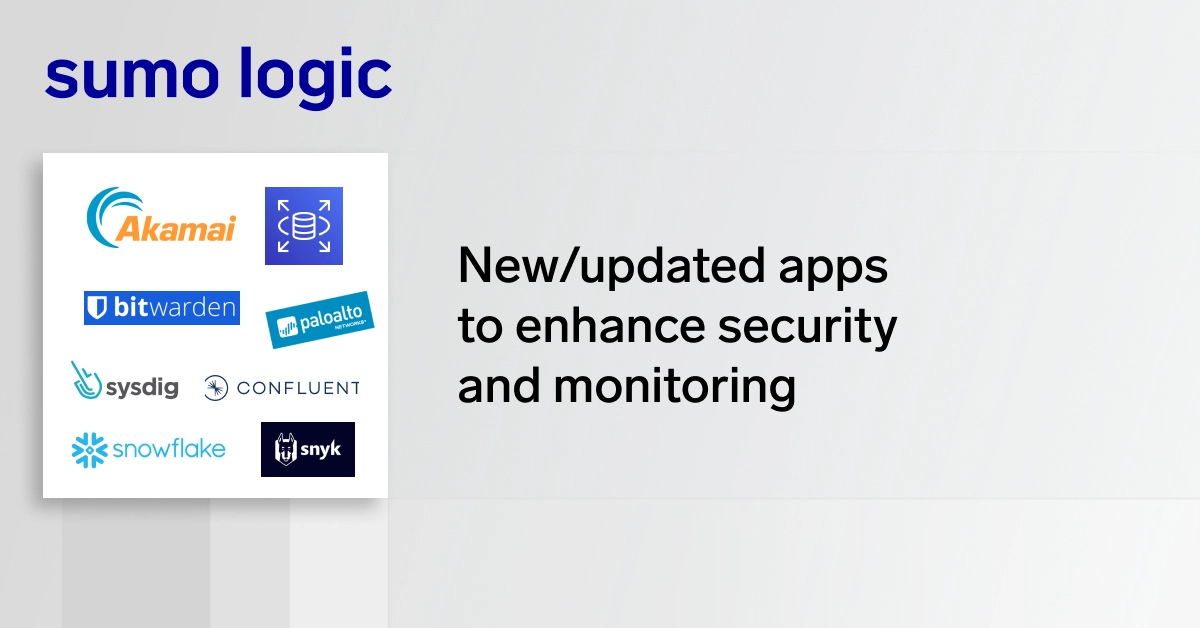DevSecOps has been a hot topic among security professionals. According to DevSecOps.com, the purpose and intent of DevSecOps is “to build on the mindset that everyone is responsible for security with the goal of safely distributing security decisions at speed and scale to those who hold the highest level of context without sacrificing the safety required.”
But the road to DevSecOps isn’t necessarily easy. Sumo Logic’s VP of Security and Compliance George Gerchow outlines six steps you can take to get on the path to DevSecOps. Think code analysis, change management, compliance monitoring and more.



